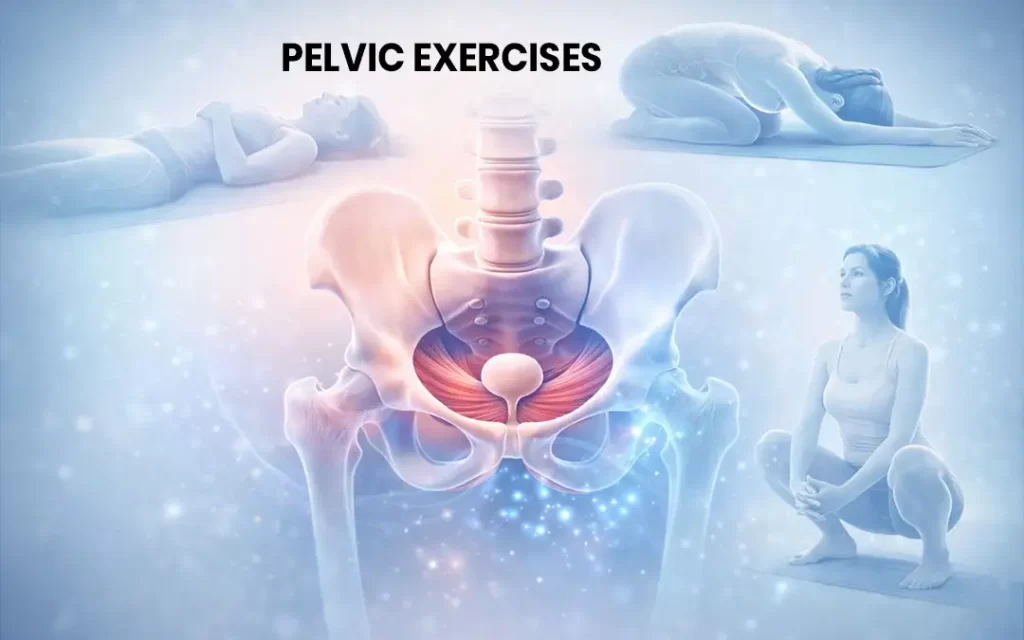
Call Us Now :
9807 55 6789
-
Call Us Now: 9807 55 6789Call Us Now: 9807 55 6789
Home » WHY PAINKILLERS AREN’T A LONG TERM SOLUTION?

Painkillers are also called as Analgesics. They are used to alleviate pain.
If they are properly administered they can effectively manage acute pain. However, there remains significant health concerns with their long-term use. This makes them an unsustainable solution to manage chronic pain.
THE APPEAL OF PAINKILLERS
Painkillers are widely accessible. They can provide quick relief from different pain types like headaches and joint pain. Also, muscle aches.
Many people buy over the counter, medicines like Ibuprofen and Paracetamol. They are often purchased without proper prescription. These medicines although known to be highly effective come with hidden health dangers. Besides their ability to provide instant relief can drive some individuals to overly rely on them.
The following tells the risks associated with painkillers.
Painkillers constantly used can make your body tolerate them over the long-term. Higher doses will be required later to achieve the same effect. The resultant escalation in use can lead to physical dependence. Your body will subsequently find it difficult to live without the drug.
Painkillers should be used judiciously. They should not be used indiscriminately as they can hamper cognitive function. This will negatively affect memory and attention span. In certain cases, cognitive decline can become permanent.
Additionally, they can also alter the chemistry of the brain. This can potentially cause mood disorders. Like for instance, severe depression and heightened anxiety. Individuals in some cases can develop suicidal thoughts.
Painkillers should be used as prescribed by your doctor. This is especially advisable in the case of non-steroidal anti-inflammatory drugs (NSAIDs). Like for instance, Ibuprofen. They can increase the risk of heart failure, and heart attacks. They are also known to cause other heart-related problems.
NSAIDs consumed in high doses can enhance the risk of heart attack by one-third. Additionally, consistent use can cause 19 percent higher chance of hospitalization resulting from heart failure.
Indiscriminate use of Aspirin and Ibuprofen can be dangerous. Similarly, excess use of Naproxen can be fatal. They cause irritation and damage to the stomach lining leading to ulcers.
The overuse of the drugs can also lead to digestive issues. That will complicate the individual’s health status.
People with diabetes and high blood pressure are known to take painkillers. Like Ibuprofen and Naproxen. They risk suffering from kidney damage and kidney failure.
People diagnosed with kidney disease are also vulnerable to kidney problems.
Painkillers should never be taken in excess. They can especially be damaging for those individuals who seek relief from headache. This can lead to medication overuse headaches (MOH) which is known to very painful. They often cause episodic conditions that can turn into chronic daily headaches.
MOH is now worldwide the third-most prevalent type of headache.
Overdose of opioids has become a matter of grave concern. Deaths resulting from their overdose since the 1990s have steadily increased. This has accelerated the need for alternative pain management strategies.
It is a good natural alternative.
It can help without the need for medication,
Stretching, manual therapy, and strengthening exercises can also be tried. They can for a more effective outcome, be tailored to individual needs.
It reduces negative thought patterns and behaviors. This will help to effectively manage pain.
Research studies reveal its proven effectiveness. It reduces the perception of pain. At the same time, help improve quality of life.

Practices like Yoga and Meditation promote sound health. They also help to manage pain. This will provide relief from stress. At the same time, promote relaxation.
Conditions like chronic fatigue syndrome and fibromyalgia can also be healed and cured.
Certain dietary changes have proved to be extremely effective. Like for instance, enhanced intake of anti-inflammatory nutrients. They can potentially reduce pain levels and support overall health.
It involves insertion of into specific points on the body, thin needles. This will stimulate healing. Certain studies reveal it can if administered properly be effective in managing chronic pain conditions.
Painkillers can at the most offer temporary relief. Their long-term use however carries increased health risks. Like for instance, mental and cardiovascular health issues and organ damage.
Hence, there is an urgent need to consider alternative pain management strategies. That addresses the major causes of pain.
Consult your doctor who can craft a comprehensive pain management plan. That’s tailored to your unique needs, reduce dependence on painkillers and improve your quality of life.
Join our mailing list to get updates about our services and procedures or any events and discounts.

Indo-British Advanced Pain Clinic © 2026. All Rights Reserved. Designed & Developed By Adroit
WhatsApp us